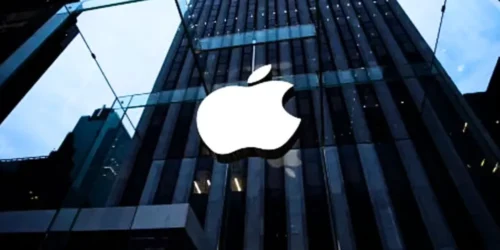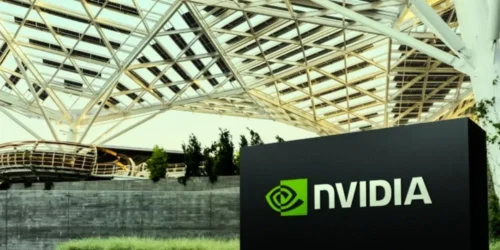When we hear the words “science and research,” our minds often conjure images of sterile labs, complex equations on a chalkboard, and brilliant minds in white coats. It feels like a world apart from our daily lives. But science isn’t just a subject you studied in school; it’s a fundamental human process. It’s the engine of curiosity that drives us forward, and its fingerprints are all over your everyday life.
You Were Born a Scientist
Think about a toddler exploring the world. They poke, prod, taste, and drop things just to see what will happen. They are constantly asking, “Why?” This innate curiosity and drive to experiment is the very heart of scientific inquiry. We are all born with a desire to understand our environment. Science and research simply provide a structured, powerful way to channel that curiosity into reliable knowledge, moving us from “I wonder” to “I know.”
A Method for Not Fooling Ourselves
At its core, the scientific process is a toolkit for finding answers without letting our own biases interfere. It starts with a simple observation or a nagging question. Why does my plant thrive in one window but not another? From there, we form a guess (a hypothesis), and then—this is the crucial part—we test it. We design a fair experiment, gather evidence, and see if our guess holds up. It’s a humble process that celebrates being proven wrong just as much as being proven right because every outcome teaches us something new.
The Hidden Research in Your Daily Routine
You don’t have to look far to see the fruits of research. That smartphone in your hand is a marvel of physics, materials science, and computer engineering. The medicine in your cabinet is the result of decades of biological and chemical research that has saved countless lives. Even your morning coffee ritual is a daily chemistry experiment in extraction and solubility. From the non-stick pan you cook with to the GPS that guides your car, you are constantly interacting with innovations that began as a simple question in a researcher’s mind.
It’s a Team Sport, Not a Solo Act
One of the biggest misconceptions about science is that it’s about a lone genius having a “eureka!” moment. In reality, modern science is a deeply collaborative and self-correcting endeavor. When researchers make a discovery, they write up their findings and submit them for peer review, where other experts in the field scrutinize their methods and conclusions. This rigorous process helps weed out errors and builds a strong, reliable foundation of knowledge over time. It’s not about blind faith in one person; it’s about trust in a proven process.
Fueling Our Future
Today, we face enormous challenges, including climate change and resource scarcity, as well as new public health threats. Science and research offer our best hope for navigating these challenges. They provide the tools to develop sustainable energy, create drought-resistant crops, and design new vaccines. Supporting research isn’t just an academic exercise; it’s an investment in a safer, healthier, and more prosperous future for everyone.













